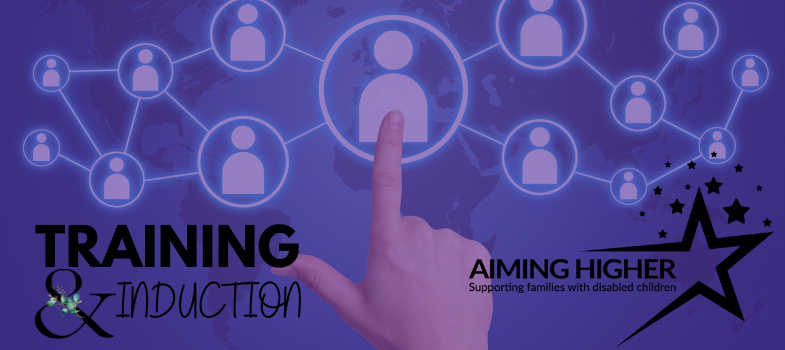Children with Disabilities
This section is an additional part of your safeguarding training, and covers issues specifically related to children with disabilities.
15. Lack of training and/or understanding
Lack of understanding and training about safeguarding disabled children can result in professionals not recognising the signs of abuse or neglect.
This is all the more worrying given that research indicates that the identification of the abuse of disabled children is most likely to come from observations of physical signs, behaviour or mood changes.
Researchers found the coverage of safeguarding during the induction of residential school staff was poor or non-existent, and staff in residential special schools sometimes missed out on opportunities to participate in multi agency training.
Practitioners in child protection teams may have no specialised knowledge of disability, whilst disability specialists may have limited knowledge of child protection.
Cooke and Standen in their study of four local authorities highlighted that during the course of a year the names of disabled children were less likely to be put on the child protection register than a comparison group of non-disabled children.
Partnerships between providers and PCTs are essential to ensure care for
disabled children with complex health needs is provided safely. As more short
break services are commissioned it is essential that sufficient staff are trained to
ensure they are competent to deliver safe care in areas such as ventilation and
tube feeding. (Gov.uk, July 2009)
